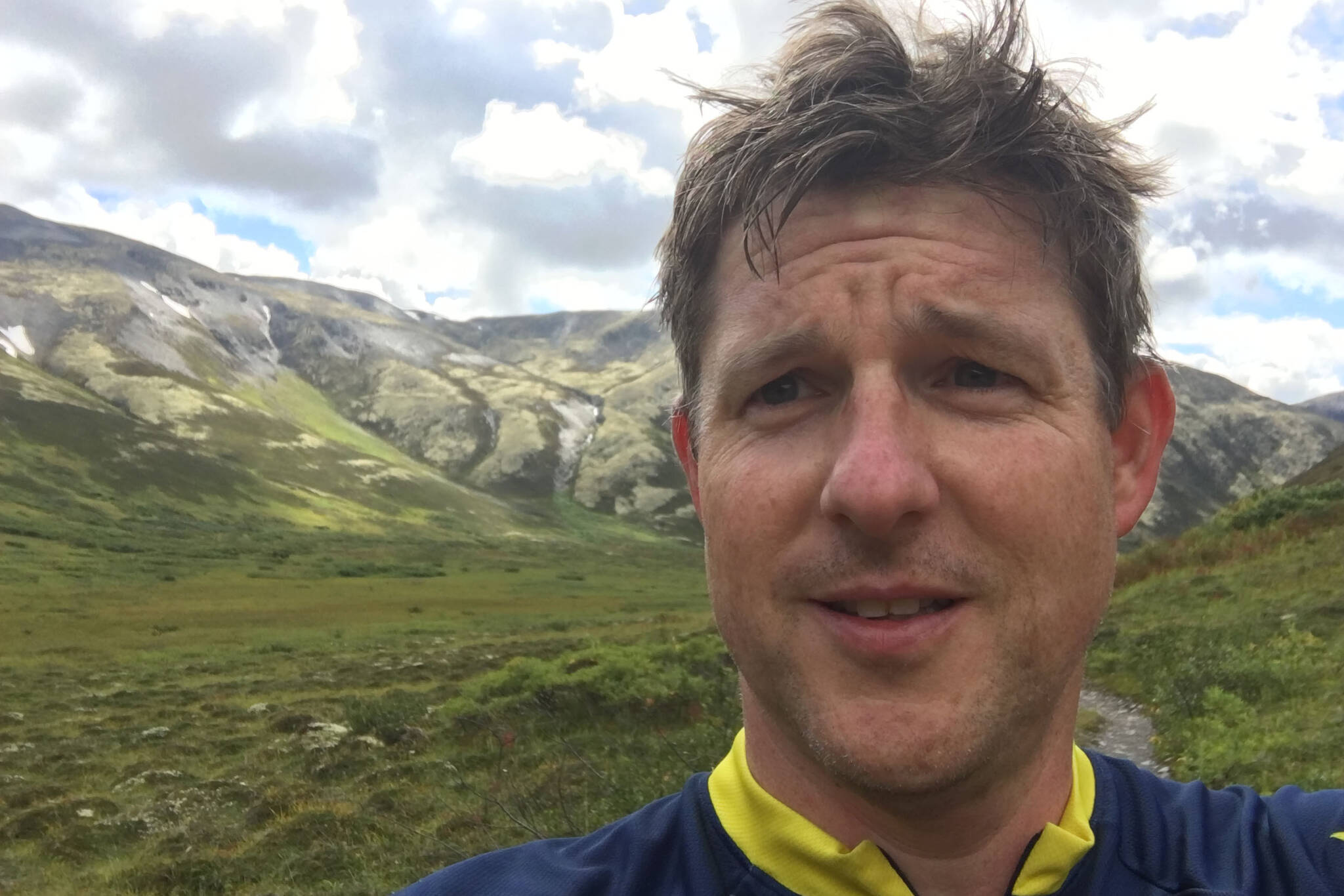Risk perception is a relative thing.
Growing up, my mother wouldn’t let me play football, because she thought it was too dangerous.
So I played soccer instead. And, over the course of my high school and college playing career, I can think of at least four times where I very likely suffered from a concussion. This was the late 1980s and early 1990s, when risks associated with concussions weren’t thought to be as serious as we understand them to be now. Back then, if you got your bell rung, you just walked it off.
I picked up a few other injuries along the way, including a serious fracture of my tibia while playing in a men’s league game just a couple of weeks before my wedding.
I sometimes wonder, if she knew then what we know now, would my mother have let me play soccer at all? Or would I have had to sit it out?
The fact of the matter is, you can find a way to hurt yourself in just about any athletic endeavor. In fact, there are plenty of non-athletic activities with far greater risks, yet we do them all the time — driving along the Sterling Highway during the peak of fishing season in July, for example.
I mention all of that to tell you this: you might have noticed that it’s been raining a lot lately. (Unless you’re from Ketchikan, in which case, you’ve been marveling at how many warm, sunny days we’ve had. It’s all relative, right?) And because of the forecast, I’ve started to re-evaluate what makes an acceptable level of risk when the forecast calls for rain.
People in my circle of friends have different philosophies when it comes to evaluating that risk.
On one side, there’s the “no bad weather, just bad gear” crowd. If I’m doing something with those guys, I know we’re going, no matter what, so pack extra layers and dry socks.
On the other side is the “if it’s raining, I’m not going” crowd. I haven’t done much with them over the past two months.
Personally, I fall somewhere in the middle. If it’s pouring out, I have a hard time getting going. But once I’m out the door, I’m doing it — and whatever it is, it’s probably going to make for a good story around the campfire, even if it’s not as much fun in the moment.
So for me, my method for evaluating the chances of getting soaked while getting outdoors has changed over the past two months.
I recently bumped into a friend out on Tsalteshi Trails while my wife and I were squeezing a walk with the dogs into a brief window of sunshine. He and his wife enjoy camping, especially in the fall when the campgrounds have emptied out. He said that these days, if the weather report calls for anything less than a 50 or 60 percent chance of rain, it’s a go for them.
I was reminded of a comment from a former Peninsula Oilers coach during another particularly wet summer many years ago. The team was waiting out a rain shower, trying to get in the last couple of games of the Alaska Baseball League season. “Even in Alaska,” he said, “it’s bound to stop raining sometime.”
My interpretation of the weather report has changed. A 50 percent chance of rain is also a 50 percent chance of it not raining. I recently took a risk and got a much-needed coat of stain on my deck railing, hoping all along that the label on the can that said it could handle rain after four hours is accurate. I finished at 2 in the afternoon, and it started sprinkling about 6 p.m. So far, so good.
And in fact, one of my most relaxing days this summer came while camping in the rain. The dogs and I got in a two-hour hike in the morning, with the rain starting in the last 20 minutes or so. We got back to camp, and I spent the rest of the day reading and napping in the camper while listening to the rain on the roof.
My wife and I had talked about sitting that trip out. Sure, the camper still smells a little like wet dogs, but that will fade eventually. And we did decide to go home a day early — there’s only so much relaxing while listening to the rain a person can take.
But my point is this: you can worry about everything that can go wrong, and never do anything. Or, you can believe that it has to stop raining eventually, and take a chance.
Will Morrow lives in Kenai. Email him at willmorrow2015@gmail.com.

